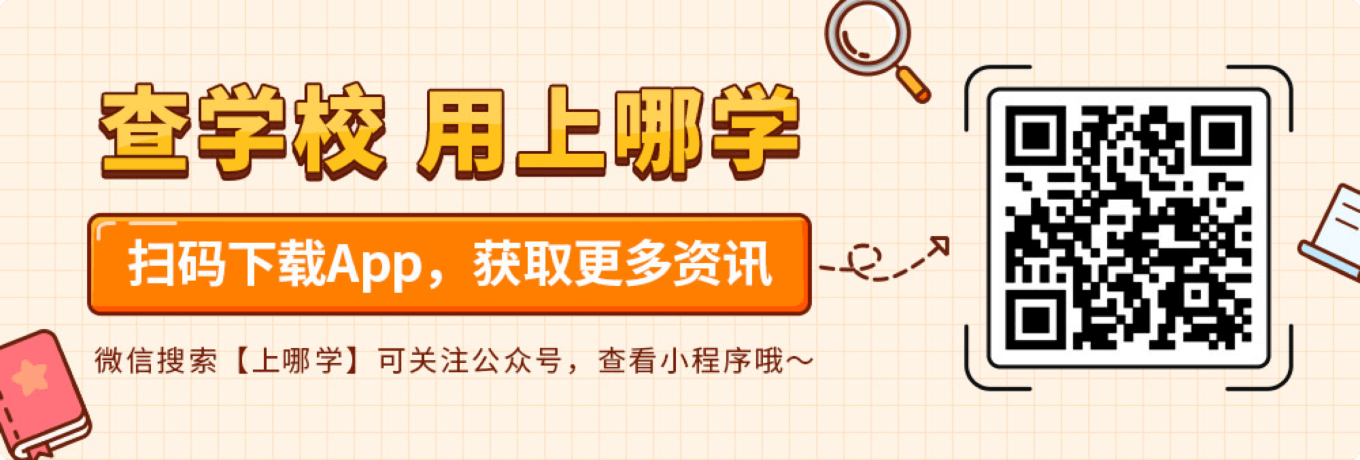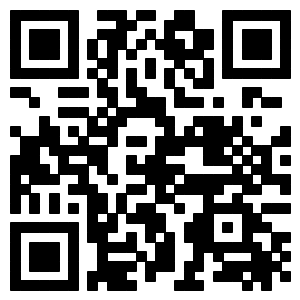文章-Exploring Ming dynasty history at Pao School
Exploring Ming dynasty history at Pao School
 190
190Pao School strives to cultivate students' sense of national identity, self-confidence, and ability to care for others. When students leave Pao School, they will not only enter world-renowned institutions of
higher learning with excellent academic ability, but also possess the skills and character necessary for success.
—— Mark Bishop
Executive Headmaster of Pao School
In 2014, Pao School was approved by the Shanghai Municipal Education Commission to become one of the first high schools to trial international courses in Shanghai. Today, the high school’s "International+" curriculum showcases the unique characteristics of the school through its grounding in both international and Chinese curricula. The "+" represents the Chinese Four Courses (C4C), taken from the Shanghai Curriculum, which includes Chinese Language and Literature, Chinese Geography, Political Science and Chinese History.
C4C history focuses mainly on general history education, using materials and textbooks compiled by the Ministry of Education for general high schools. At Pao School, before the start of each topic Mr. Benjamin Zhao, History teacher at Songjiang, makes a learning guide to help students prepare for class. This self-study guide serves to facilitate "guided reading, guided thinking and guided doing.”
Through teaching Chinese history, Pao School strives to cultivate students’ inquiry skills as well as their independent and cooperative learning skills. At the same time, the school’s history courses also foster a sense of national identity and an international perspective in students, allowing them to cultivate a strong interest in the future development of both China and the world.
In the classroom, the teacher leads students in an in-depth study of both the textbook and the learning guide. Students are divided into groups to discuss the key issues, which helps them cultivate skills for how to use historical evidence and how to interpret historical events. After class, the students are guided to develop their background knowledge through reading independently from a list of recommended books prepared by the teacher.
In the 2019-20 academic year, the Chinese History Group led Year 10 students through an in-depth exploration of the Ming dynasty (1368-1644). Their studies included the best-known work of the eminent Chinese historian Ray Huang:“1587, A Year of No Significance.” For this unit, students wrote essays, the top 20 of which were then chosen to feature in “More Stories about the Ming Dynasty” -the school’s first compilation of historical essays.
Christine, who is now in Year 11, shared her insights after reading “1587, A Year of No Significance.” She says, “This book offers a unique perspective on the reasons for the Ming dynasty’s decline, painting the wider picture through looking at the smaller stories of various key historical figures in the late Ming dynasty.”
Compiling “More Stories about the Ming Dynasty” took nearly a year, and involved preparation before class, reading after class and an extensive writing process. In compiling the essay collection, Mr. Zhao divided the students' works into five major chapters: political system, social economy, ideological culture, historical figures and others. It was a challenging task that required the support of student editors chosen by the teachers, including an editor-in-chief, text editor, and art editor.
Year 10 Tiger felt honored to be part of the editing team, saying the editing process gave him a window on his classmates’ thinking about history, their curiosity about the subject matter, and their historical learning achievements. Tiger hopes that the editorial team’s efforts will allow more readers to discover these excellent essays and enjoy them in the future.
"The C4C history teacher guides students to deepen their understanding of history and improve their analytical reasoning and creative thinking skills. After reading ‘More Stories about the Ming Dynasty,’ I have a richer understanding of Ming dynasty history and look forward to further explorations of Chinese and foreign history with colleagues and students.”
——Ms. Echo Cheng, Head of the High School C4C Department
This year, when Year 10 students studied Ming dynasty history in-depth, C4C History teachers livened up the seemingly ordinary history class with a special activity based on real historical events. In 1592, Queen Elizabeth I of England sent a letter to Emperor Wanli of the Ming dynasty. Unfortunately, this letter never reached its destination as the envoy carrying it died. In the activity, Mr. Zhao led students to write a report from the perspective of an emissary who, in contrast with actual historical events, successfully arrived in Ming dynasty China.
This activity was a useful learning exercise for several reasons. As it is based on real events, it captured the students’ imagination, bringing the ancient Ming dynasty into the present day and showing the students why this history is relevant to their lives today. At the same time, as the writing assignment requires students to narrate their stories from the perspective of a British emissary, students’ creative writing skills are tested and their global perspectives deepened.
Year 10 Lily shared: "I really liked these history activities we have done recently. They have not only helped us improve our writing skills but also helped us to better understand the Ming dynasty and connect its experience with Western history. It has been an opportunity to compare and contrast the history of the same period from the perspective of both China and the West.”
C4C teachers supplement the core learning activities with commentary activities on historical figures that deepen students’ overall understanding of history. The activities give students an opportunity to reproduce specific historical situations and role play in those situations as well as independently analyze and solve historical problems.
Mr. Xiong, Director of High School Chinese Academics, notes that cultivating students’ interest in history strengthens their creative thinking and also lays a solid foundation for students who take history as an elective course in the international curriculum.
In order to develop a solid foundation for future historians, C4C History teachers explore the connections and differences between the national curriculum and the international curriculum. They guide students to understand China from a historical perspective, learn about national identity, and also understand and respect different cultural traditions from across the world.
As Year 11 Andy notes, human history spans more than one million years. Studying this vast period of time can allow us to the see the big picture of how human civilization has developed, how progress, peace and development are hard-won, and can enable students to better understand the role of individuals in history.
While learning history, we are also learning about Chinese and foreign cultures, which makes us better learners. This is precisely the whole-person education and passing on Chinese culture that has always been so important to Pao School.
--Y11 Andy
*Student editors:
Y11: Susan, Kitty, Alice, Betty
Y10: Cyrus, Eric, Clare, Tiger, Anna, Lily, Young, Cynthia
*Thanks to Mr. Zhao for writing the article, and also to Director Xiong and Team Leader Ms. Cheng who have worked so hard on this article.
*The collection is scheduled to be published in June. Stay tuned.
Extended Reading
More than one way to hit the books: Love of Reading Week
Celebrating the unsung heroes of Pao School
Music to our ears: Pao School's Virtuoso young musicians
Moulding Future Polymaths
Sparking innovation through tennis and computer science
以上内容来源于“包玉刚实验学校”公众号
查看更多

声明:本文由上哪学团队(微信公众号ID: shangnaxue)原创整理制作,转载请注明来源和出处,否则追究法律责任。







